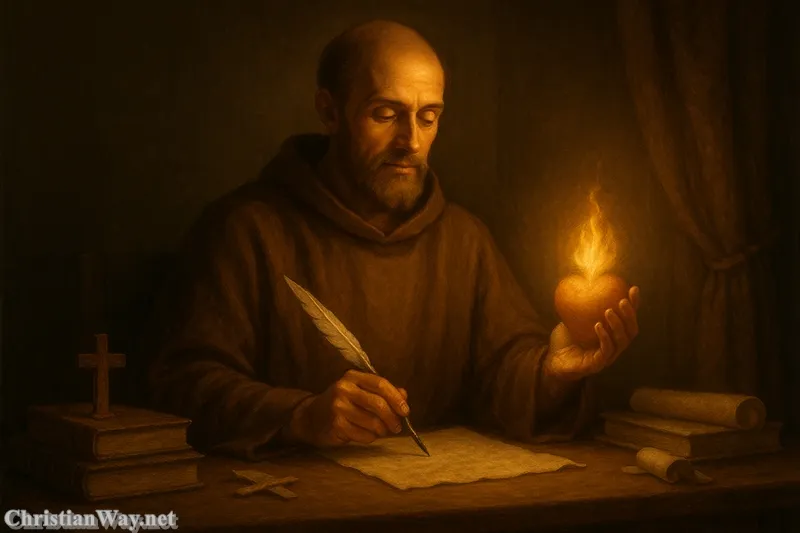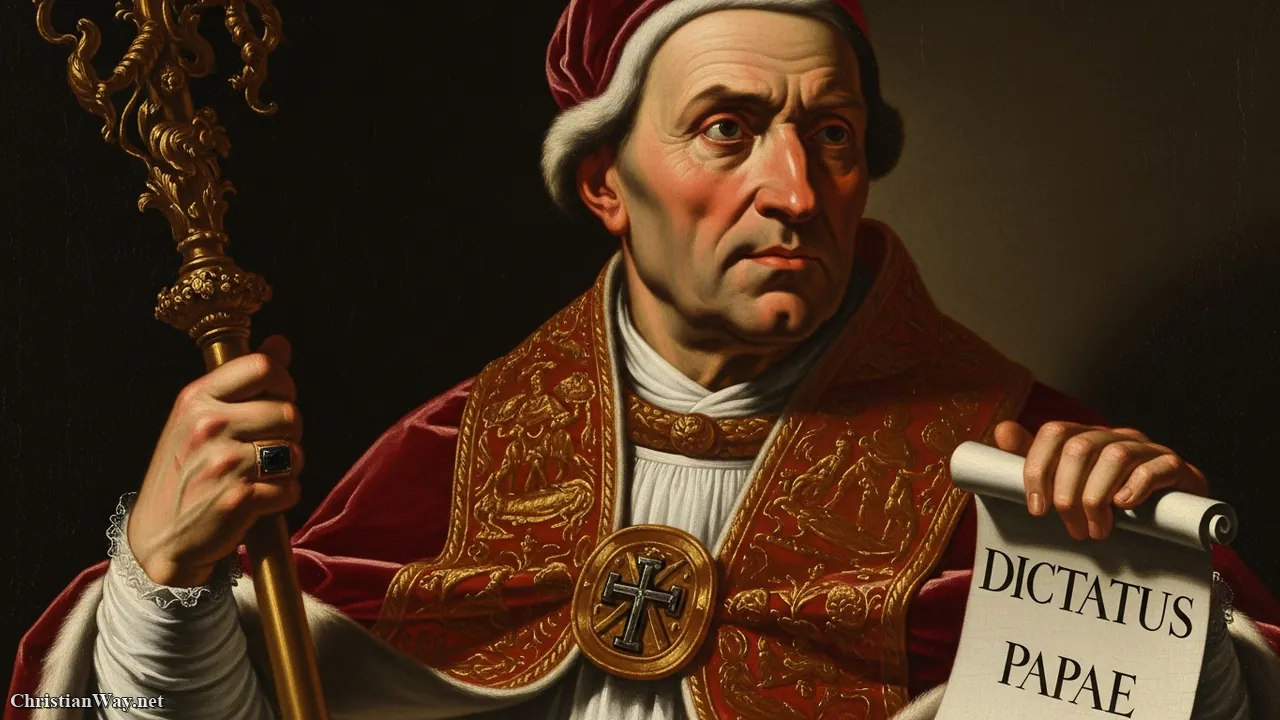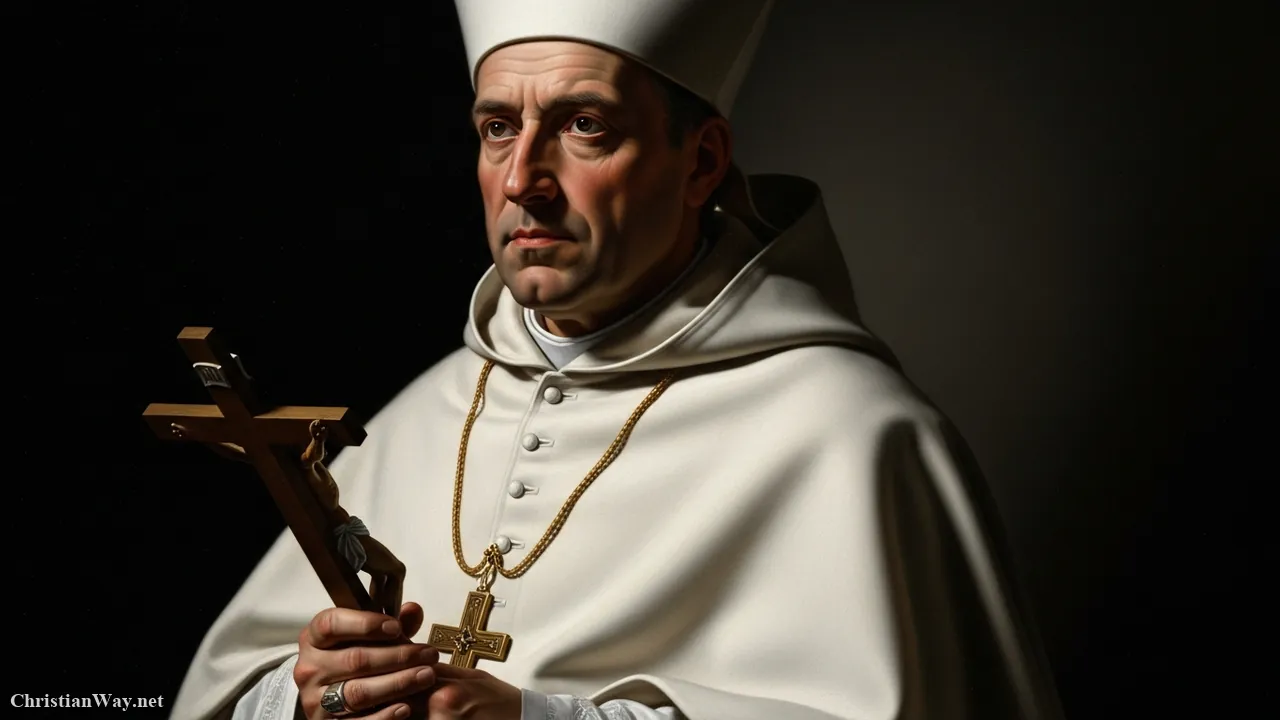Dear friends in Christ,
Every human heart, at some point in life, feels a holy restlessness — a longing for truth, beauty, and meaning that nothing in this world can fully satisfy.
It is the echo of eternity within us, calling us home to God.
Few saints have captured that longing as profoundly as Saint Augustine of Hippo, one of the greatest minds and hearts in Christian history. His life was a journey from passion to peace, from confusion to clarity, from self-love to the love of God. His conversion, told with raw honesty in his Confessions, is not merely a story of one man’s soul, but a mirror in which every seeker can recognize their own.

Augustine’s life embodies the truth that no past is beyond redemption, no mind too skeptical, and no heart too distant for the mercy of God. Through his writings and his teachings on grace, faith, and love, he remains a spiritual father to all who yearn to understand the mystery of God and the human soul.
The Early Life of Saint Augustine — The Search for Meaning
From Tagaste to the world
St Augustine biography begins in Tagaste, a small town in North Africa (modern-day Algeria), where he was born in 354 A.D. His father, Patricius, was a Roman official and a pagan; his mother, Saint Monica, was a devout Christian whose unceasing prayers would one day save his soul.
Gifted with intelligence and eloquence, young Augustine studied rhetoric and philosophy in Carthage, where he soon found himself captivated by the pleasures and ambitions of the world. In his own words:
“I was in love with love.”
He lived a life of passion and pride, pursuing success as a teacher of rhetoric while wrestling with the deep questions of truth and happiness. Though raised by a mother of faith, he strayed into worldly philosophies — Manichaeism, a dualistic religion that promised intellectual sophistication but left his heart empty.
Monica never gave up. Through tears and prayer, she followed her son’s restless journey, trusting that one day he would return to God.
The Conversion of Saint Augustine — The Light of Truth Breaks Through
A restless heart meets divine grace
Augustine’s spiritual journey took him from Carthage to Rome and then to Milan, where he encountered the brilliant preaching of Saint Ambrose, bishop and theologian. Through Ambrose, Augustine discovered that faith and reason were not enemies, but companions on the path to truth.
Still, he struggled inwardly. His intellect was convinced, but his will was chained by sin. He later confessed:
“Lord, make me chaste — but not yet.”
Then, one afternoon, as he sat weeping in a garden, he heard the voice of a child chanting from a nearby house: “Tolle lege, tolle lege” — “Take and read.”
He opened the Scriptures and read from the Letter to the Romans:
“Not in revelry and drunkenness, not in debauchery and licentiousness, but put on the Lord Jesus Christ.” (Romans 13:13–14)
At that moment, the walls of resistance crumbled. Grace entered. Augustine’s conversion was complete.
He later wrote:
“You called, You cried, You shattered my deafness. You flashed, You shone, You dispelled my blindness.”
He was baptized by Saint Ambrose at the Easter Vigil in 387, alongside his son Adeodatus. Not long after, his beloved mother Monica died at Ostia, her prayers finally fulfilled.
The Return to Africa and the Birth of a Bishop
From philosopher to shepherd
After years of study and silence, Augustine returned to North Africa, sold his possessions, and formed a small monastic community dedicated to prayer and study. His intention was to live quietly, but God had other plans.
In 391, he was ordained a priest in Hippo Regius, and four years later became bishop of Hippo, a position he held for over thirty years.
As Bishop of Hippo, he became one of the greatest early Church Fathers, preaching daily, guiding the faithful, defending the faith, and writing tirelessly. His sermons and letters reveal not only his brilliant mind but his pastoral heart — a man who loved his people and led them with both truth and tenderness.
The Teachings of Saint Augustine — A Doctor of Grace
Grace stronger than sin
If there is one phrase that defines Augustine’s theology, it is “grace.” He understood, more than most, that human beings cannot save themselves. After his own years of struggle, he saw clearly that salvation is a gift — pure, undeserved, and transforming.
“Our hearts are restless until they rest in You, O Lord.”
In his teachings of Saint Augustine, grace is not just forgiveness, but the very power of God that heals and renews the human heart. It is grace that awakens faith, strengthens virtue, and leads us to holiness.
Against the Pelagian heresy, which claimed that humans could achieve salvation by their own effort, Augustine defended the truth that we depend entirely on divine mercy. His insight laid the foundation for much of Catholic and Western Christian theology — later influencing Saint Thomas Aquinas, Martin Luther, and countless others.
The Writings of Saint Augustine — Light for All Generations
Confessions: The story of every soul
Among his many works, the most famous is The Confessions of Saint Augustine, written around 400 A.D. It is often called the world’s first spiritual autobiography — an intimate dialogue between the saint and God.
In Confessions, Augustine bares his heart: his sins, his doubts, his conversion, and his praise of God’s mercy. It is not merely his story; it is the story of every soul seeking grace.
Another monumental work, The City of God, written after the fall of Rome, set forth a vision of history grounded in divine providence. In it, Augustine contrasts the City of Man, built on pride, with the City of God, founded on love.
He also wrote On the Trinity, On Christian Doctrine, and hundreds of sermons and letters, all marked by intellectual brilliance and deep faith. His writings continue to shape theology, philosophy, and spiritual life to this day.
Saint Monica and the Power of a Mother’s Prayer
The story of Augustine cannot be told without Saint Monica, his mother. Her patience, tears, and perseverance are among the most moving examples of maternal faith in history.
For years she prayed for her wayward son, following him across continents, trusting in God’s timing. Augustine himself later wrote:
“She wept for me more than mothers weep for the bodily deaths of their children.”
Her intercession bore fruit not only in her son’s conversion but in the sanctification of the world through him. Together, they remind us that prayer can move mountains and that no soul is beyond the reach of divine mercy.
The Pastoral Heart of the Bishop of Hippo
As Bishop of Hippo, Augustine faced many challenges — heresies, political collapse, and spiritual confusion among his flock. Yet he never lost hope.
He wrote to his clergy and people with humility:
“For you, I am a bishop; with you, I am a Christian.”
He preached tirelessly, often daily, explaining Scripture with clarity and warmth. He saw in every human being the image of God, capable of redemption and glory. His sermons of Saint Augustine still resonate with pastoral love and timeless wisdom.
Even amid disputes with heretics and political turmoil, his heart remained anchored in peace. His words remind us that holiness is not withdrawal from the world but love lived courageously within it.
The Final Days and Death of Saint Augustine
In the year 430, as Hippo Regius was besieged by invading Vandals, Augustine lay dying. Yet even as the city crumbled around him, he found solace in Scripture and prayer.
He spent his last days reading the penitential psalms, weeping for his sins, and offering his life to God. On August 28, 430, he went peacefully to the Lord — his heart finally resting in the One he had sought all his life.
His relics were later moved to Sardinia and eventually to Pavia, Italy, where they are venerated today.
The Legacy of Saint Augustine of Hippo
The theologian of the heart
Saint Augustine remains one of the most influential figures in Christian history. He is a Doctor of the Church, a title given to those whose teaching profoundly shapes Catholic doctrine.
His thoughts on grace, free will, love, and the nature of the Church continue to inspire theologians and believers alike. His Confessions has led countless souls to conversion, while The City of God remains one of the most important works of Christian philosophy.
He is rightly called the Doctor of Grace — for he knew, through personal experience, that all good comes from God’s mercy.
As Saint Augustine quotes remind us:
“Love, and do what you will.”
“Faith is to believe what you do not see; the reward of this faith is to see what you believe.”
“You have made us for Yourself, O Lord, and our hearts are restless until they rest in You.”
Lessons from the Life of Saint Augustine
1. God’s mercy is greater than our sins
Augustine’s conversion proves that no sin is too great for divine forgiveness.
2. Truth and reason lead to faith
He teaches that faith does not contradict reason but fulfills it.
3. The power of prayer
Saint Monica’s faith reminds us that prayer, especially from a loving heart, never returns empty.
4. Grace transforms the soul
All holiness begins not with effort but with surrender to God’s grace.
5. The heart must rest in God
The central truth of Augustine’s life — and of ours — is that the human soul finds peace only in its Creator.
The Feast Day and Devotion to Saint Augustine
The St Augustine feast day is celebrated on August 28, the day of his death and entrance into eternal life. The day before, August 27, the Church honors his mother, Saint Monica — a beautiful pairing that reminds us that holiness often begins with a parent’s prayer.
Devotion to Saint Augustine spans the world, from religious orders that bear his name to theologians who study his writings. The Order of Saint Augustine (Augustinians) continues his spirit of community, study, and love for truth.
In the Basilica of San Pietro in Ciel d’Oro in Pavia, Italy, his tomb remains a place of pilgrimage and prayer for those who seek wisdom and renewal of heart.
Saint Augustine’s Message for Today
In our modern world — full of noise, distraction, and skepticism — Augustine speaks with startling relevance. He understood the human condition deeply: our longing for happiness, our struggle with desire, our need for grace.
His life tells us that the way home is not through pride or intellect alone, but through humility, love, and surrender. He invites us to say, with him:
“Late have I loved You, O Beauty ever ancient, ever new, late have I loved You.”
To read Augustine is to rediscover the Gospel’s power to transform the mind and heal the heart. His story assures us that no one is too far, too broken, or too late for God’s mercy.
🕯️ Reflect and Pray
Lord God,
You inflamed the heart of Saint Augustine of Hippo with love for Your truth
and filled him with the grace of repentance and wisdom.
Through his prayers, guide our restless hearts toward You,
that we may find peace in Your mercy and joy in Your will.
Teach us, as he taught, to seek You with both heart and mind,
and to rest only in Your love.
Through Christ our Lord. Amen.
May the peace of Christ that transformed Augustine’s restless soul
also fill your heart and lead you ever deeper into His grace.
— Fr. John Matthew, for Christian Way











